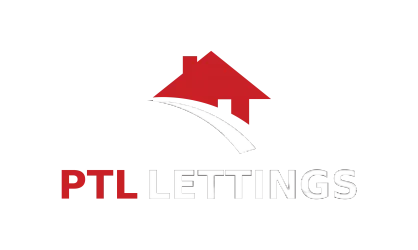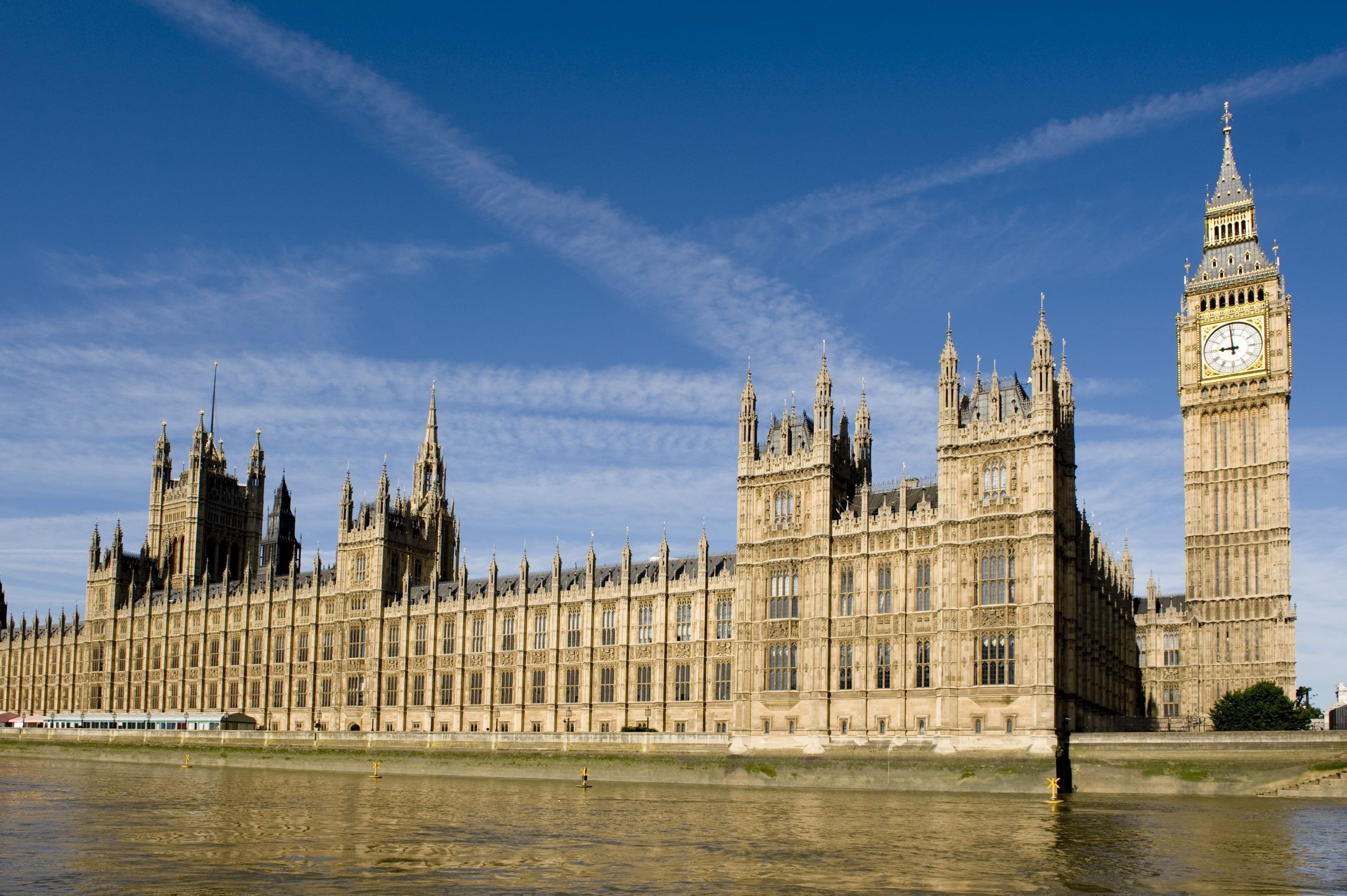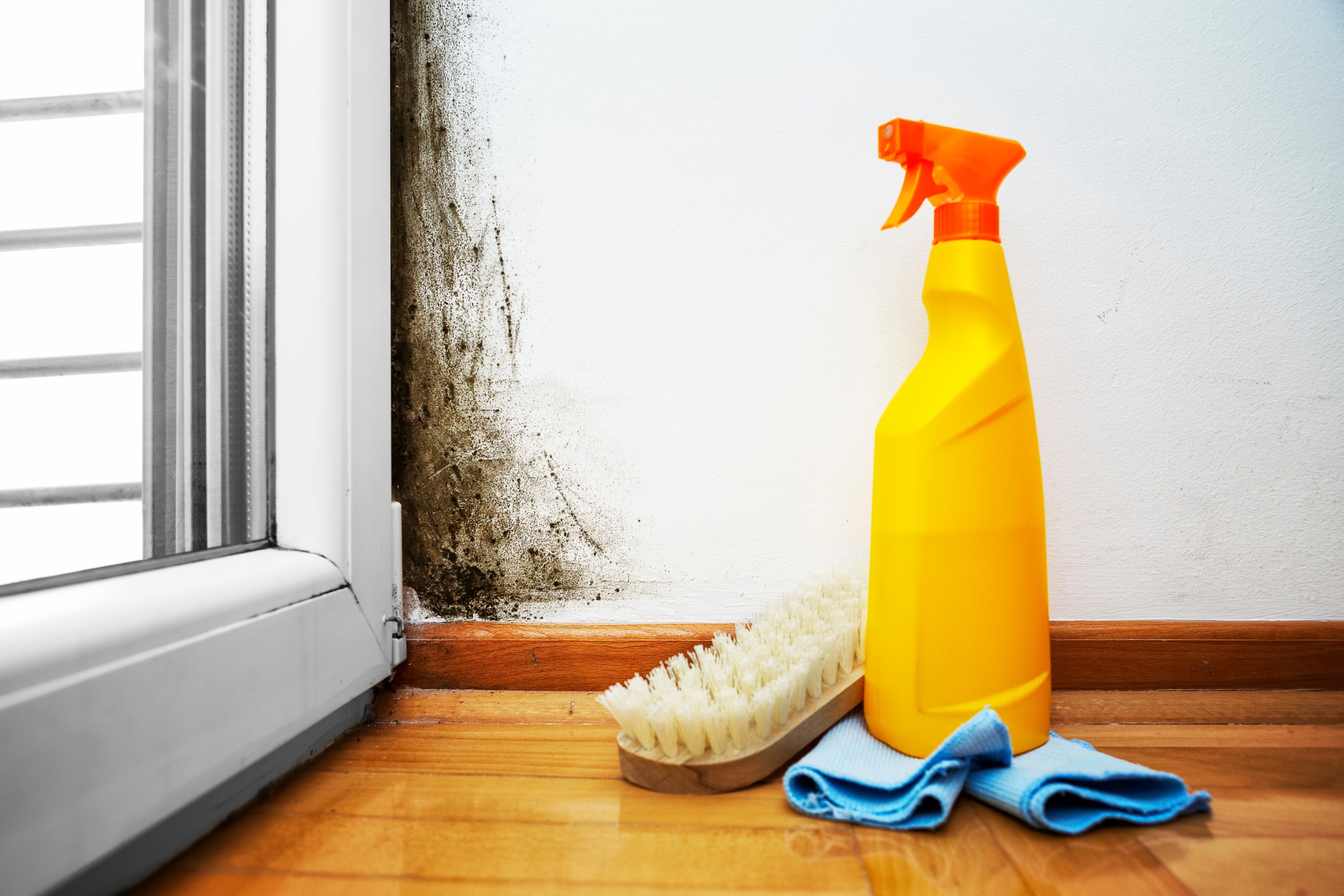lettings
- Home
- Posts tagged"lettings"
PTL Lettings
04 Dec 25
Festive Advice for Tenants: Enjoy Christmas in Your Rental Home (Without Breaking Any Rules!)
Christmas time is magical and is the season when you should make your rental property
PTL Lettings
30 Oct 25
15 Ways to Improve the Kerb Appeal of Your Rental Property
Improving the kerb appeal of your rental property in Peterborough is one of the most
PTL Lettings
21 Aug 25
3 Tenancy Deposit Mistakes – And How to Fix Them
A tenancy deposit is a standard part of renting a home. It gives landlords some
PTL Lettings
19 Jun 25
How to Market a Rental Property in Summer: Seasonal Tips to Stand Out
Summer is prime time for letting. With longer daylight hours, green gardens, and more people
PTL Lettings
12 Dec 24
Letting Your property in Winter: Landlord Considerations
Letting a property in winter can be a unique experience, especially for landlords in Peterborough.
PTL Lettings
15 Aug 24
4 Things To Know About Landlord Insurance
Are you thinking about investing in landlord insurance? Unsure about things you should know about
PTL Lettings
01 Aug 24
What Does A Labour Government Mean For Landlords In Peterborough?
With the Labour Party’s recent election victory, Sir Keir Starmer steps up as the new
PTL Lettings
20 Jun 24
How To Create a Positive Landlord-Tenant Relationship: Advice for Peterborough Landlords
As a landlord in Peterborough, letting your property to new tenants can make you a
PTL Lettings
25 Apr 24
Should I Let Tenants Keep A Pet?
Data circulating the property industry provides a clear message – landlords don’t like tenants keeping
PTL Lettings
18 Apr 24
Is Mould In Rented Property A Landlord’s Responsibility?
Over the past couple of decades, rental accommodation in Peterborough has greatly improved, however mould
Recent Posts
All Categories
Tags
2026
advice for landlords
assured tenancy agreement
attract tenants
best tenants
buy-to-let
checklist
christmas tenancies
December
Diamond
festive tips for renters
garden
handling vacant rental properties
hybrid working
kerb appeal
landlords
legionaires disease
legionella
Letting
lettings
Luxury
Luxury Living
marketing
new year rentals
noise complaints
pest control
preparing a rental property
property inventories
property maintenance
property management
remote working
rental
rental demand
rental property
rentals
renters' rights act 2026
rent increases
renting
renting to tenants with pets
tenancy deposit
tenants
tips
void periods
winter rentals
work from home













